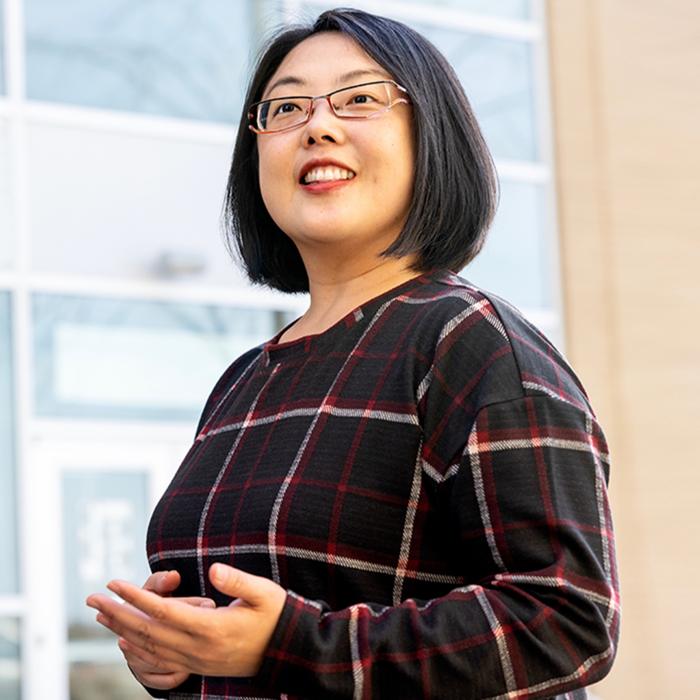Research led by Peiyin Hung has dug deeper into the challenges surrounding maternity care access that the health services policy and management assistant professor has been unveiling through her recent research. Adding to her dozen-plus publications on the topic in the past few years, Hung’s most recent paper appeared in The Milbank Quarterly where the authors described the dual barriers of digital access and transportation facing socioeconomically disadvantaged communities.

Credit: University of South Carolina
Research led by Peiyin Hung has dug deeper into the challenges surrounding maternity care access that the health services policy and management assistant professor has been unveiling through her recent research. Adding to her dozen-plus publications on the topic in the past few years, Hung’s most recent paper appeared in The Milbank Quarterly where the authors described the dual barriers of digital access and transportation facing socioeconomically disadvantaged communities.
“Geographic disparities in access to maternity care have been exacerbated by rural hospital-based maternity unit closures, impeding access to maternity care for many underserved women and other pregnant, birthing and postpartum persons,” Hung says. “Rural birthing people often have to travel further to reach hospitals with maternity services, and this can lead to delays in care and increased rates of adverse outcomes. There is a greater need for telehealth services for the supervision, evaluation and management of prenatal and postpartum care.”
To better understand these challenges and their impacts on rural communities, Hung and her team examined data from hospital maternity units and household surveys – calculating driving times to maternity units and digital access equipment/services. They found that more than 16 percent of urban zip codes and nearly 40 percent of rural zip codes were located more than 30 minutes from the nearest hospital maternity units.
Whether rural or urban, areas that were furthest away from these facilities were also more likely to have lower broadband and device accessibility. These communities also had higher poverty and uninsurance rates compared to zip codes that were closer (less than 15 minutes driving distance) to maternity care units. Overall, the study showed that travel burden and inadequate digital access pose significant barriers to maternity care access for socioeconomically disadvantaged communities.
“Digital technology can provide access to telehealth consultations and remote perinatal support for families living in remote or underserved areas, yet our study revealed that residents in these communities have the least digital access to technology,” says Hung, who serves as deputy director for the Arnold School’s Rural and Minority Health Research Center and is a faculty affiliate of the USC Big Data Health Research Center . “This ‘digital divide’ in both rural and urban underserved communities is likely to exacerbate disparities in maternal health outcomes, despite technological advances and national trends toward greater use of telehealth.”
This project was supported by the cc (NIH) (U01HD110062) and USC Big Data Health Science Center (BDHSC) under a pilot project grant (#BDHSC-2021-10).
Journal
The Milbank Quarterly
DOI
10.1111/1468-0009.12668
Article Title
Dual Barriers: Examining Digital Access and Travel Burdens to Hospital Maternity Care Access in the United States, 2020
Article Publication Date
23-Aug-2023




